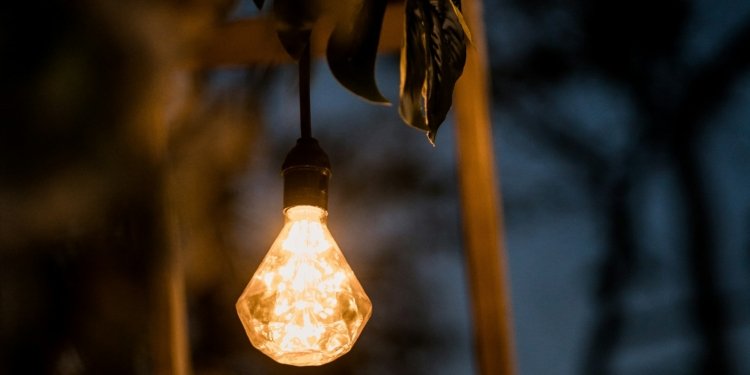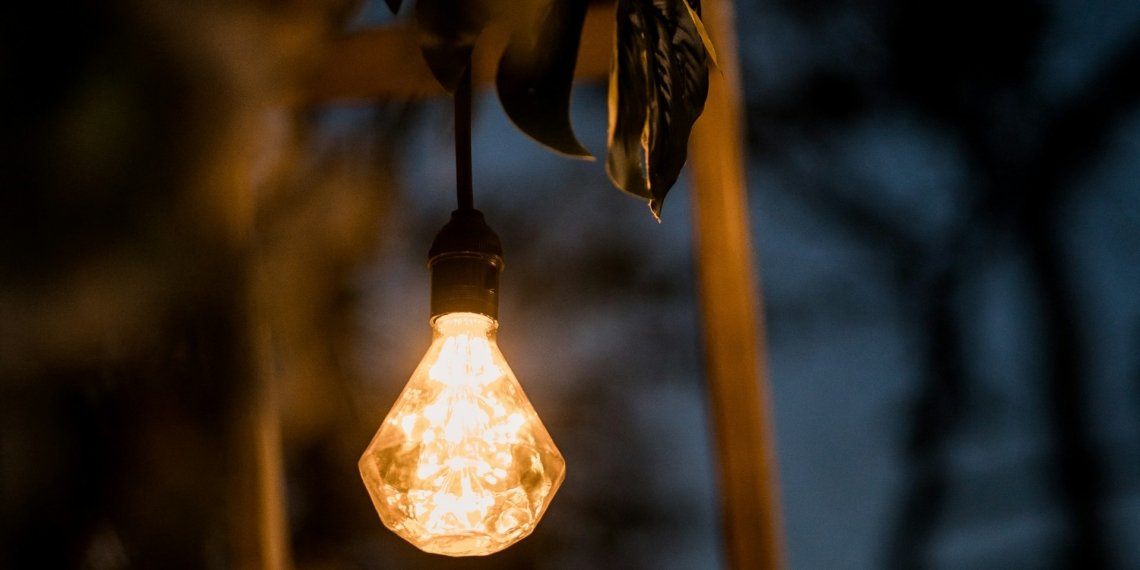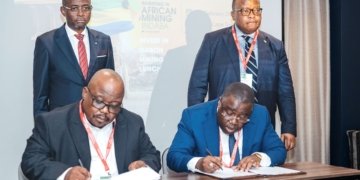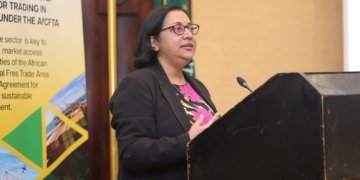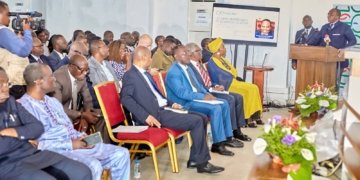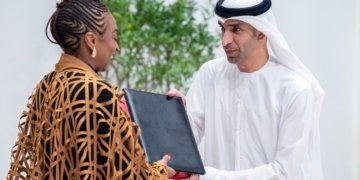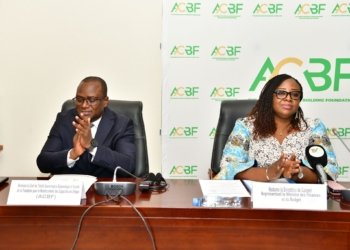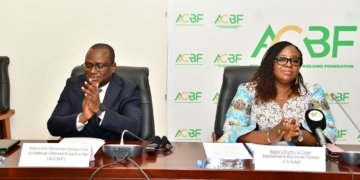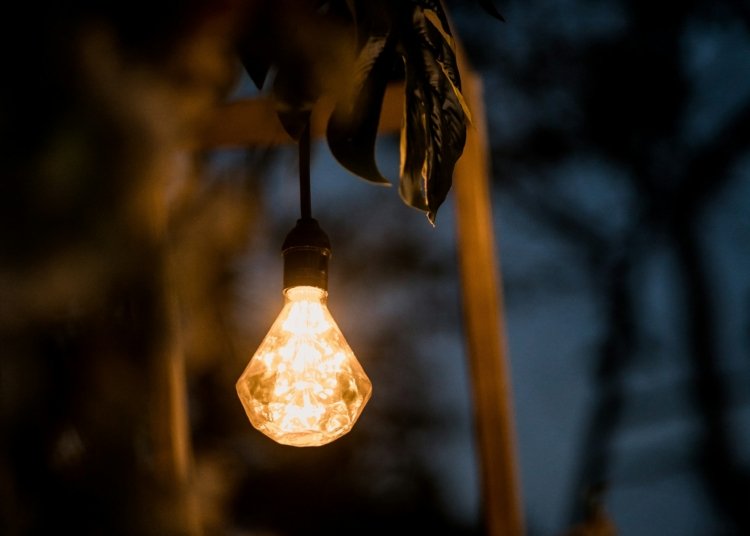Seventeen African governments have committed to concrete reforms and investment plans aimed at expanding electricity access as part of Mission 300.
The initiative, led by the World Bank Group and the African Development Bank Group, aims to connect 300 million people in Africa to electricity by 2030.
The announcement was made at the Bloomberg Philanthropies Global Forum, where leaders endorsed Energy Compacts.
These are country-specific plans designed to guide public spending, reform utilities and attract private investment.
The latest countries to endorse the compacts include Benin, Botswana, Burundi, Cameroon, Comoros, the Republic of the Congo, Ethiopia, Gambia, Ghana, Guinea, Kenya, Lesotho, Mozambique, Namibia, São Tomé and Príncipe, Sierra Leone and Togo.
Since the launch of Mission 300 earlier this year, 30 million people have gained electricity access, according to the African Development Bank (AfDB).
More than 100 million additional connections are planned.
“Electricity is the bedrock of jobs, opportunity, and economic growth,” said World Bank Group President Ajay Banga. “That’s why Mission 300 is … forging enduring reforms that slash costs, strengthen utilities, and draw in private investment.”
African Development Bank President Dr. Sidi Ould Tah said the compacts will help small businesses grow. “Give a young entrepreneur power, and you’ve given them a paycheck.” he said.
Earlier this year, Energy Compacts were endorsed by Chad, Côte d’Ivoire, Democratic Republic of Congo, Liberia, Madagascar, Malawi, Mauritania, Niger, Nigeria, Senegal, Tanzania, and Zambia.
Together they pledged to make more than 400 policy actions to strengthen utilities, reduce investor risk, and remove bottlenecks.
Mission 300 is backed by international partners such as the Rockefeller Foundation, Sustainable Energy for All and the Global Energy Alliance for People and Planet.
The initiative focuses on building infrastructure, increasing financing and improving policy to reach universal electricity access in Africa.
